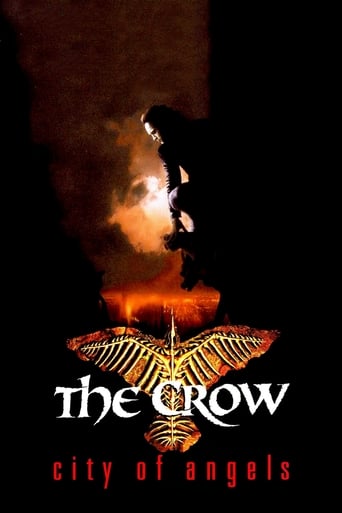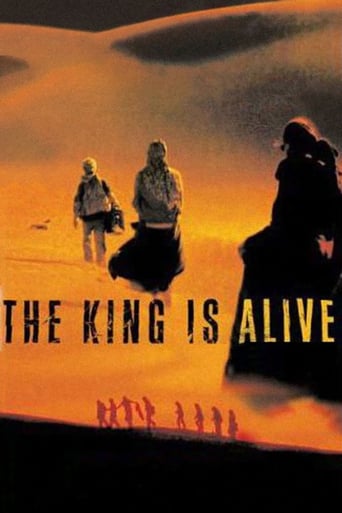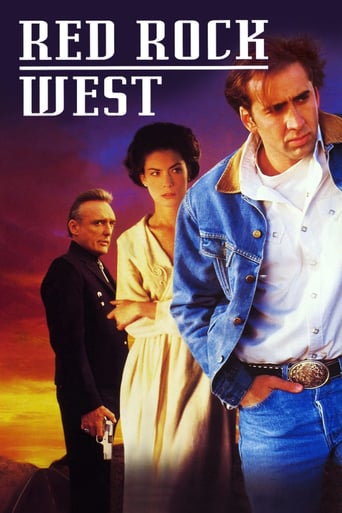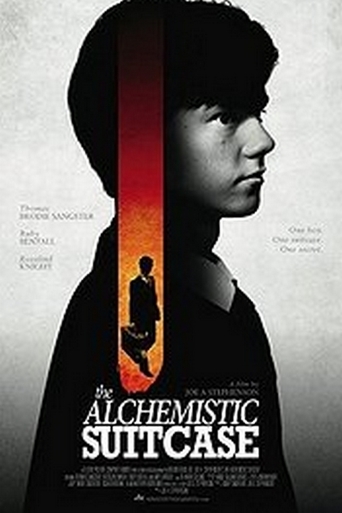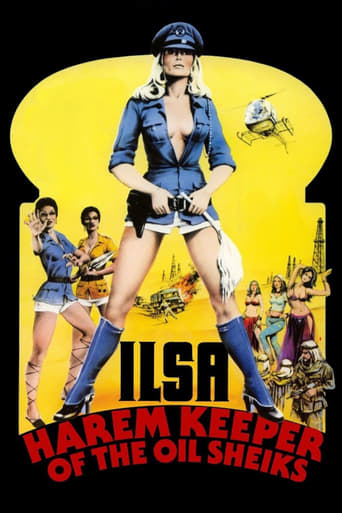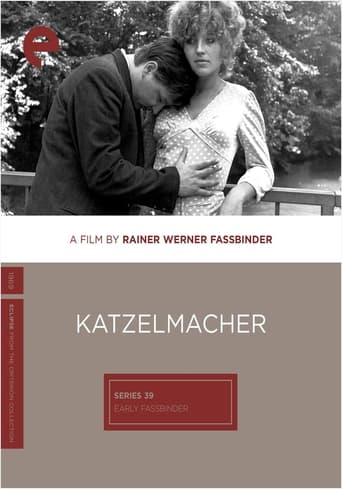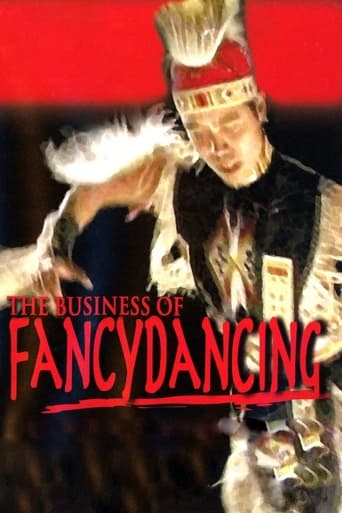
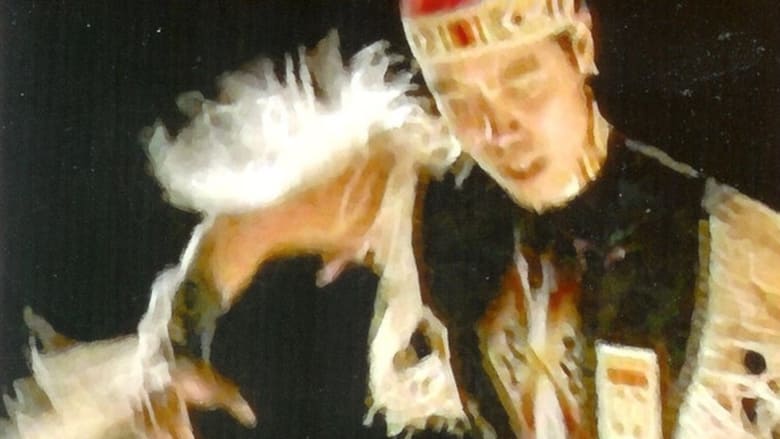
The Business of Fancydancing (2002)
Seymour Polatkin is a successful, gay Indian poet from Spokane who confronts his past when he returns to his childhood home on the reservation to attend the funeral of a dear friend.
Watch Trailer
Cast
Similar titles


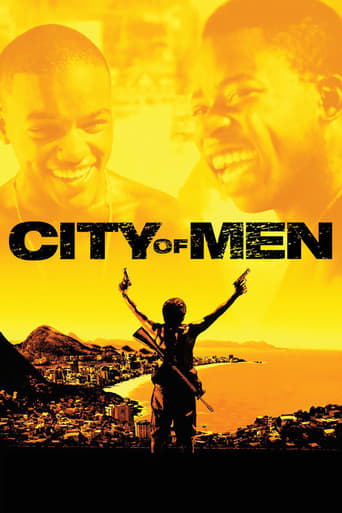
Reviews
Very very predictable, including the post credit scene !!!
good back-story, and good acting
Crappy film
Pretty good movie overall. First half was nothing special but it got better as it went along.
In his poems, Sherman Alexie alludes to the fancydance, or Shawl Dance (a dance of mourning), as being a recent and flashy invention, a dance designed to generate larger tourist audiences, and thus a sell-out dance. Seymour, a sell-out, but not really a sell-out, an irreversibly hurt boy who cannot live his life on the reservation because that life chained him down with things he did not want to be chained down with, he needed freedom, but in his freedom he allowed himself to be sold in order to survive. Selling-out for self-preservation. The movements of the dance emulate a woman mourning (for her husband lost in battle), she covers herself in shawl to symbolize taking refuge. Seymour does the opposite - he sheds his identity and walks away from his heritage for good. Seymour dancing also transgresses traditional gender roles (homosexuality and its persecution thereof in Native American culture)I want my father to be your father / I want my father's sins to be all sins / Because father's sins, children must forgiveSeymour is Hamlet. Hamlet is interpolated throughout, interpenetrating the film - cultural colonialism. Hamlet the White European versus Seymour the Native American. Caliban articulates indigenous grievances against oppositional colonial power, Seymour deployed against. Hamlet/Shakespeare to articulate Native American literary consciousness but Seymour has more in common with Hamlet than their differences. Colour of skin only difference. I don't think Sherman Alexie is using Shakespeare as a weapon against Native American self-articulation or identity or sovereignty. Invoking Shakespeare is an act of war. Difference between "smart" and "ignoramus". Invoking Shakespeare in the film's sense is to invoke the enemy's language. The language of the White European Colonialist Anglophone invoked and reinterpreted/reinvented by the Colonialized, the Victim. At least 35 lines are mined from Hamlet. Plot and themes and concrete dialogue, not a coincidence. Shakespeare the enemy, White Teachers, White Man, the oppressor's language engaged by the oppressed and transformed (thus breaking through colonial structures) by the oppressed into new language, new literature, new meanings. Hamlet/Shakespeare and Seymour/NativeAmerican, parallel yet distant and distinct worlds, both seemingly difficult to penetrate.Mouse's death, Seymour returns to reservation. Hamlet's The Mousetrap (play within play), to catch the conscience of the king. Hamlet alters a play entitled "The Murder of Gonzago" for his purposes, making sure the play mirrors Claudius' fratricide. Renames play The Mousetrap. A play staging the murder of his father. And he revises the play-within-the-play to create a new play in the middle of a play that is not only Hamlet-centric, but is also called Hamlet. The main character, a creation of X, also a victim of X, limited to X's designs, yet main character "takes control" and using the "weapon" of a play re-writes a play right back and retitles it to boot. Like Sherman Alexie taking control of Shakespeare/Whites to write something that gets even with Shakespeare/Whites. Play within a play, and in the film, viewers watching a poetry audience watching a poetry reading. Poems are open and free but the content traps our conscience and the audience-in-the-film's conscience, and Seymour's, too. And kills our consciences.Mouse - "O L-rd remember. O do remember me"--It's all lies, Ari. Those are my kittens. He took my life, man. All My Relations, it says. All my relations. It's all lies, man. . . . It's like I'm not even alive. It's like I'm dead."The Ghost Hamlet's Father to Hamlet, "Adieu, adieu, adieu. Remember me" (Act 1, Scene 5, Line 91).Hamlet was at college and returned to castle. Hamlet was out in the free world, enjoying the arts and theatre and music, perhaps full of the ego and pride and lust that attends individual, communal freedom. Much like Seymour living freely in Seattle, attending college and commencing with his literary career and sexual trials. Hamlet returns home to medieval rigid enclosed world. He must fall in line to authority. Returns home for father's funeral. Seymour returns home for friend Mouse's funeral, Mouse definitely a father-figure/wisdom-figure for him that he smashes and destroys because the truth hurts. Seymour and Hamlet, both victimized, confused, internally split, buffeted from all sides, both trapped by power structures that have obliterated their identities, both men contemplating a course of action that will almost certainly result in their respective deaths. Hamlet, dead for real, Seymour, death of his soul. Perhaps Sherman Alexie going for the Passion of the Messiah theme, another White Colonialist theme, pervasive in western philosophy and literature and the arts and culture, making Seymour the Jesus figure.Seymour drives home to the funeral, Shakespeare's most famous line appears at the reservation sign - "To be or not to be," and the phrase is sung Indian-style as the scene unfolds, with Indian musicality - looping pentatonic melodies spiralling over a steady pulsing drumbeat. The sign, "Welcome to the Spokane Indian Reservation." Seymour stoops down to brush away some branches covering the bottom corner of the sign, revealing two hand-written phrases - "Home of Seymour Polatkin"(his writing) and "Not anymore." (someone else's). Seymour's existence, a foundational paradox, just as Hamlet's speech, a foundational paradox. A second Seymour - the Ghost of Seymour - appears, two Seymours, Shakespeare's well-known and popular duality themes. Home but not home. But aren't intellectually talented individuals often forced to leave home in order to live how they need to live and succeed?Agnes/Rosencratz - then the whole world is a prison. Seymour/Hamlet - the whole world is a prison, with a million confines and wards and dungeons. The reservation's just the worst. Agnes/Rosencratz/Guildenstern - I don't think so. Seymour/Hamlet - You can think what you want. To me it's a prison. Agnes - Well, you've wanted to leave here since you were six years old. It's your ambition that made the rez a prison - slight deviation from play, but thenWord for word, slightly modernized syntax but word for word. Alexie owns Shakespeare.
I was impressed with "The Business of Fancydancing. " I thought it was very well made, with beautiful cinematography, excellent development of several believable key characters and a sensitive treatment of a tragic but important personal story with profound socal implications. The movie was complemented with a wonderful soundtrack and the juxtaposition of conflicting styles of music that helped to tell this paradoxical story. The ending was particularly poignant and extremely well done. Certain plot subtleties and finely nuanced multi-layered scences were evident during my second viewing. It offered moments of exquisite irony and heartfelt soul-searching. It was an intelligent treatment of the interaction of several layers of delicate personal issues. I was deeply moved by this film.
I have been a fan of Sherman Alexie's for many years, and really wanted to see his directorial debut. FANCYDANCING did not fail to disappoint. The acting was powerful, the writing was strong and the images were beautiful and haunted me for days following my first viewing of the film. Specifically, the character of Mouse from the Spokane reservation of Polatkin's birth, with his beautiful and painful renditions of TEN LITTLE INDIANS and THE STARSPANGLED BANNER chilled me to the bone. Also, the subtle references to culture, literature and humor commonly found in Alexie's writing were done in a way unique to any film I have ever seen. I am so happy to be taking his class at the University of Washington in the Winter. Hope other people have a chance to view this beautiful and unforgettable film.
This was my favorite of the 8 films I saw at the Florida Film Festival. It is a visually stunning film with strong emotional content. Poetic interludes punctuate the story and lend to the reality of the lead character (a poet). Behind it all, is an honesty and a truth that you do not find in the majority of films.



